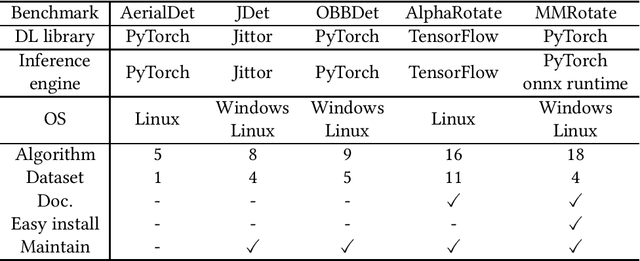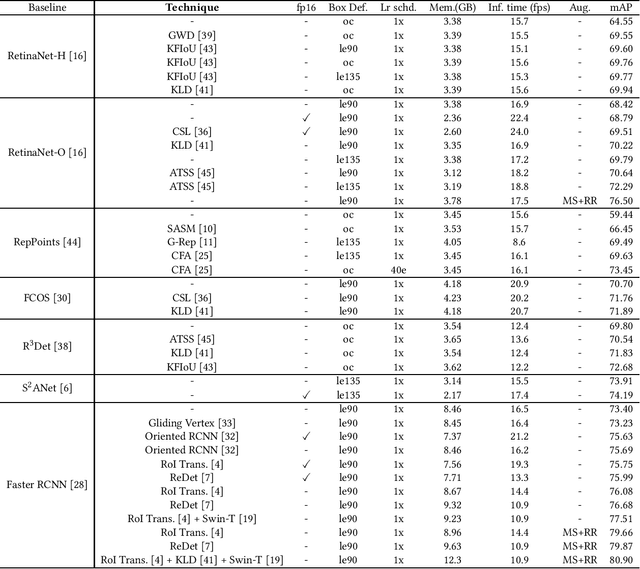Yanyi Liu
Leveraging Inter-Chunk Interactions for Enhanced Retrieval in Large Language Model-Based Question Answering
Aug 06, 2024



Abstract:Retrieving external knowledge and prompting large language models with relevant information is an effective paradigm to enhance the performance of question-answering tasks. Previous research typically handles paragraphs from external documents in isolation, resulting in a lack of context and ambiguous references, particularly in multi-document and complex tasks. To overcome these challenges, we propose a new retrieval framework IIER, that leverages Inter-chunk Interactions to Enhance Retrieval. This framework captures the internal connections between document chunks by considering three types of interactions: structural, keyword, and semantic. We then construct a unified Chunk-Interaction Graph to represent all external documents comprehensively. Additionally, we design a graph-based evidence chain retriever that utilizes previous paths and chunk interactions to guide the retrieval process. It identifies multiple seed nodes based on the target question and iteratively searches for relevant chunks to gather supporting evidence. This retrieval process refines the context and reasoning chain, aiding the large language model in reasoning and answer generation. Extensive experiments demonstrate that IIER outperforms strong baselines across four datasets, highlighting its effectiveness in improving retrieval and reasoning capabilities.
KnowledgeNavigator: Leveraging Large Language Models for Enhanced Reasoning over Knowledge Graph
Dec 26, 2023Abstract:Large language model (LLM) has achieved outstanding performance on various downstream tasks with its powerful natural language understanding and zero-shot capability, but LLM still suffers from knowledge limitation. Especially in scenarios that require long logical chains or complex reasoning, the hallucination and knowledge limitation of LLM limit its performance in question answering (QA). In this paper, we propose a novel framework KnowledgeNavigator to address these challenges by efficiently and accurately retrieving external knowledge from knowledge graph and using it as a key factor to enhance LLM reasoning. Specifically, KnowledgeNavigator first mines and enhances the potential constraints of the given question to guide the reasoning. Then it retrieves and filters external knowledge that supports answering through iterative reasoning on knowledge graph with the guidance of LLM and the question. Finally, KnowledgeNavigator constructs the structured knowledge into effective prompts that are friendly to LLM to help its reasoning. We evaluate KnowledgeNavigator on multiple public KGQA benchmarks, the experiments show the framework has great effectiveness and generalization, outperforming previous knowledge graph enhanced LLM methods and is comparable to the fully supervised models.
RTMDet: An Empirical Study of Designing Real-Time Object Detectors
Dec 16, 2022Abstract:In this paper, we aim to design an efficient real-time object detector that exceeds the YOLO series and is easily extensible for many object recognition tasks such as instance segmentation and rotated object detection. To obtain a more efficient model architecture, we explore an architecture that has compatible capacities in the backbone and neck, constructed by a basic building block that consists of large-kernel depth-wise convolutions. We further introduce soft labels when calculating matching costs in the dynamic label assignment to improve accuracy. Together with better training techniques, the resulting object detector, named RTMDet, achieves 52.8% AP on COCO with 300+ FPS on an NVIDIA 3090 GPU, outperforming the current mainstream industrial detectors. RTMDet achieves the best parameter-accuracy trade-off with tiny/small/medium/large/extra-large model sizes for various application scenarios, and obtains new state-of-the-art performance on real-time instance segmentation and rotated object detection. We hope the experimental results can provide new insights into designing versatile real-time object detectors for many object recognition tasks. Code and models are released at https://github.com/open-mmlab/mmdetection/tree/3.x/configs/rtmdet.
MMRotate: A Rotated Object Detection Benchmark using Pytorch
Apr 28, 2022

Abstract:We present an open-source toolbox, named MMRotate, which provides a coherent algorithm framework of training, inferring, and evaluation for the popular rotated object detection algorithm based on deep learning. MMRotate implements 18 state-of-the-art algorithms and supports the three most frequently used angle definition methods. To facilitate future research and industrial applications of rotated object detection-related problems, we also provide a large number of trained models and detailed benchmarks to give insights into the performance of rotated object detection. MMRotate is publicly released at https://github.com/open-mmlab/mmrotate.
 Add to Chrome
Add to Chrome Add to Firefox
Add to Firefox Add to Edge
Add to Edge